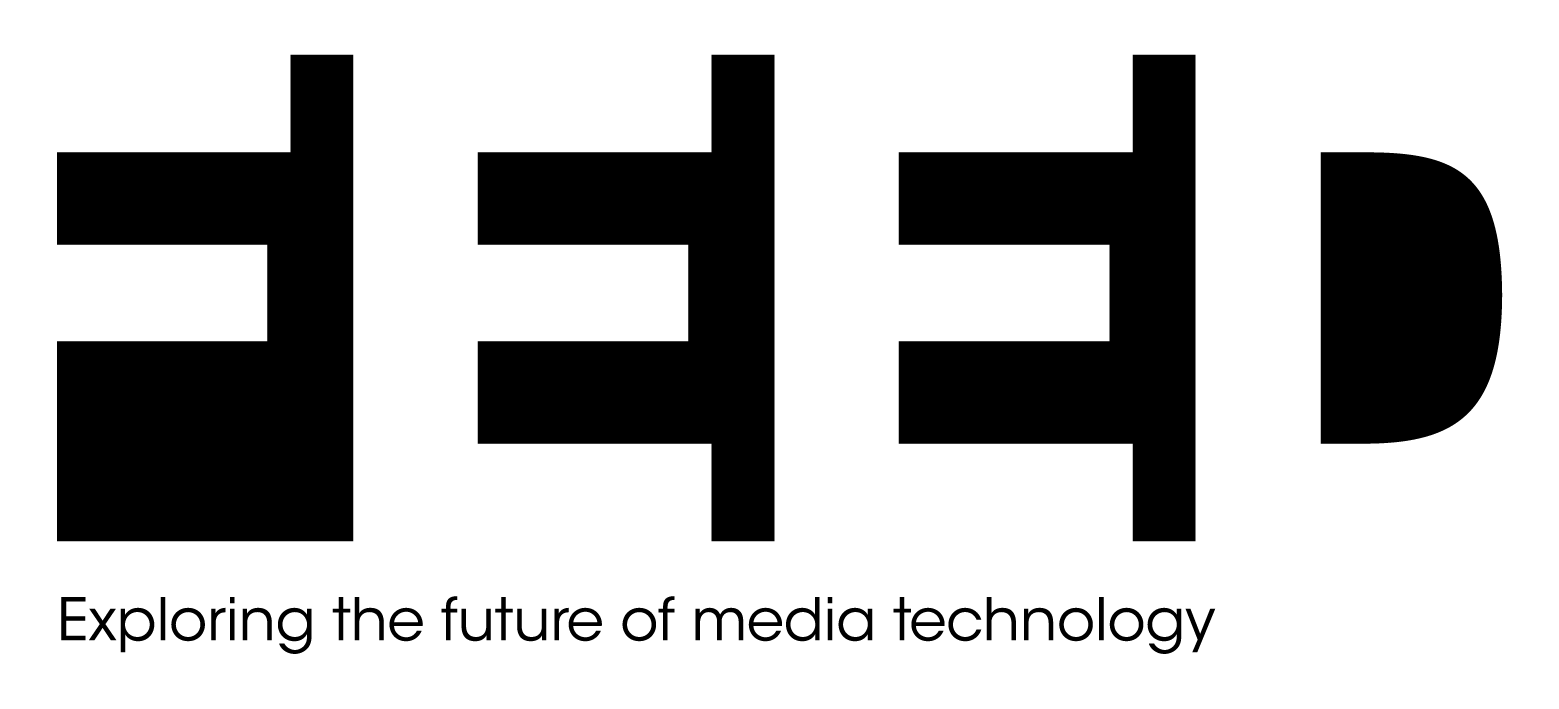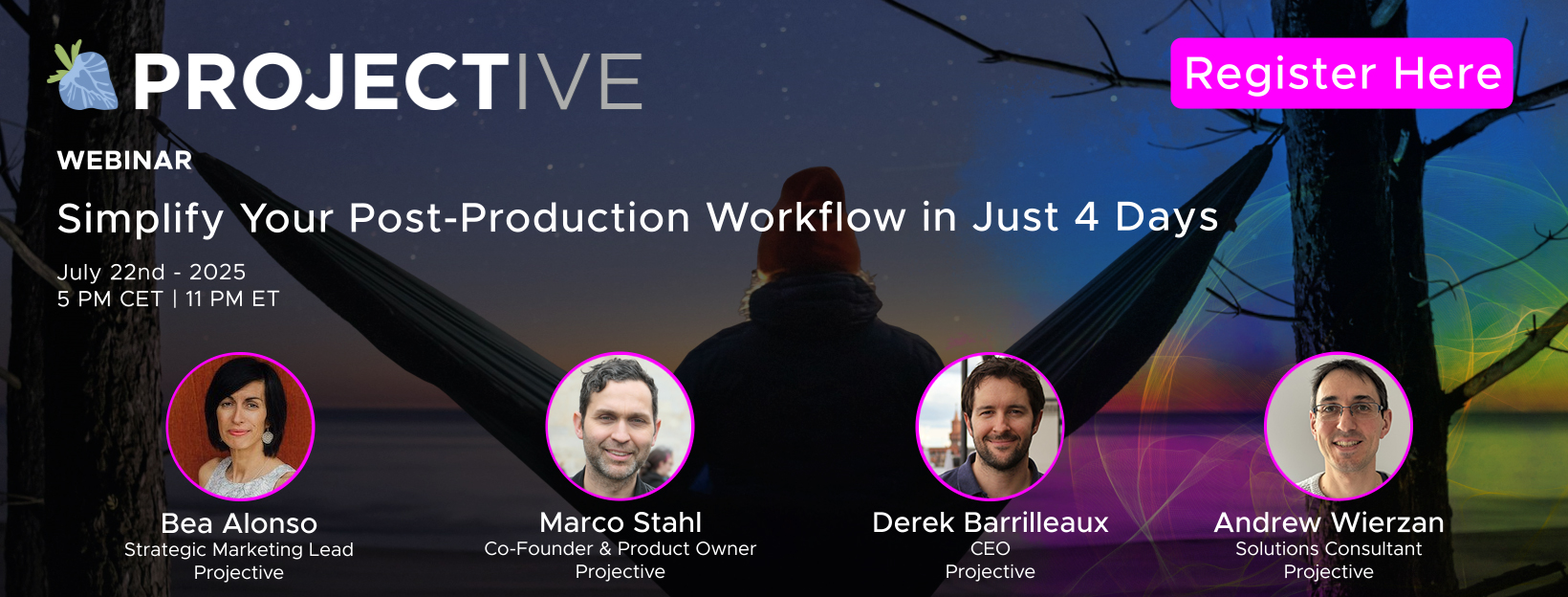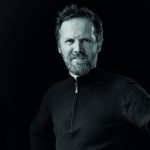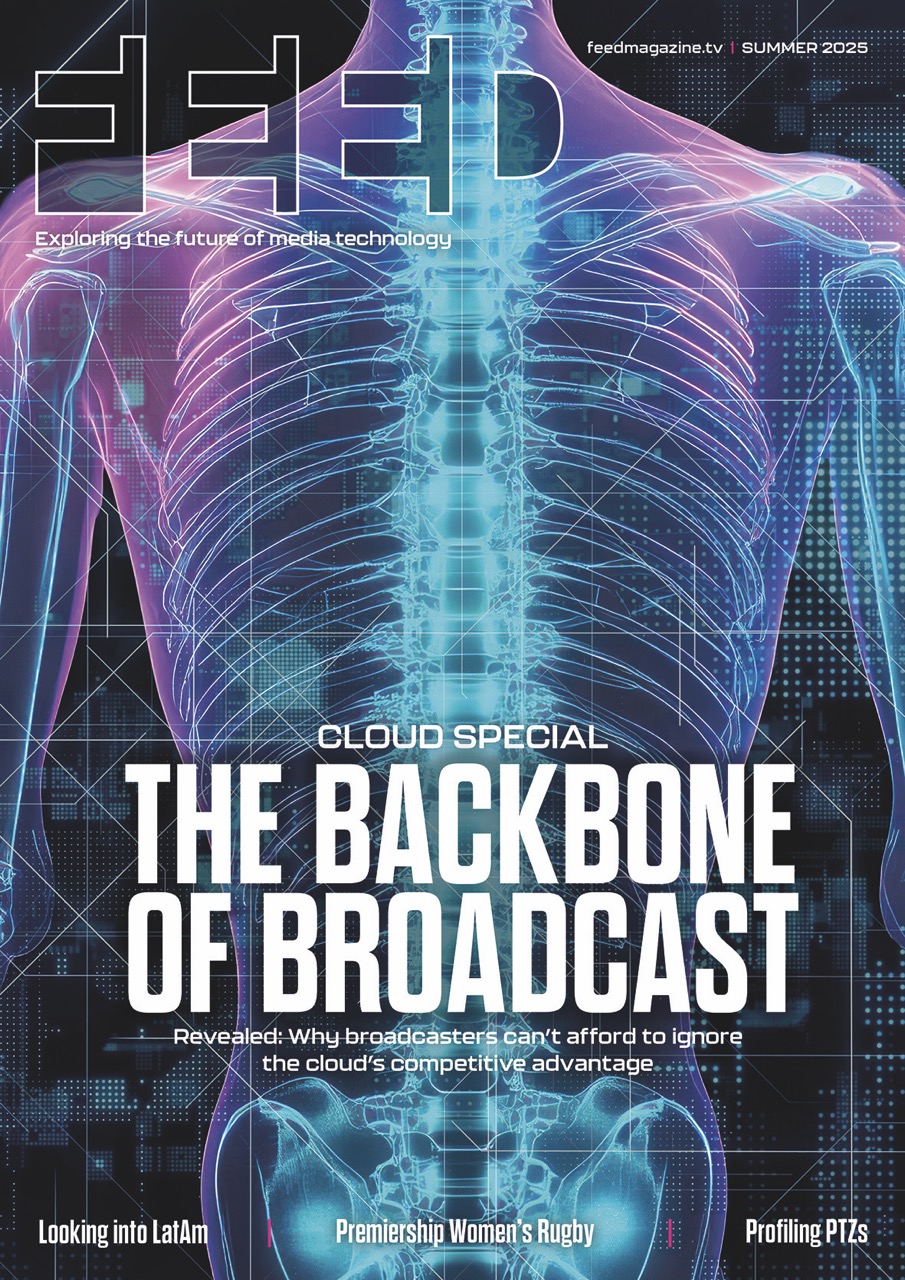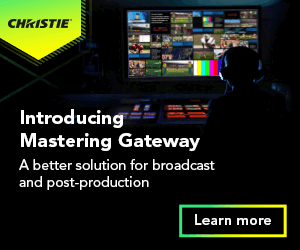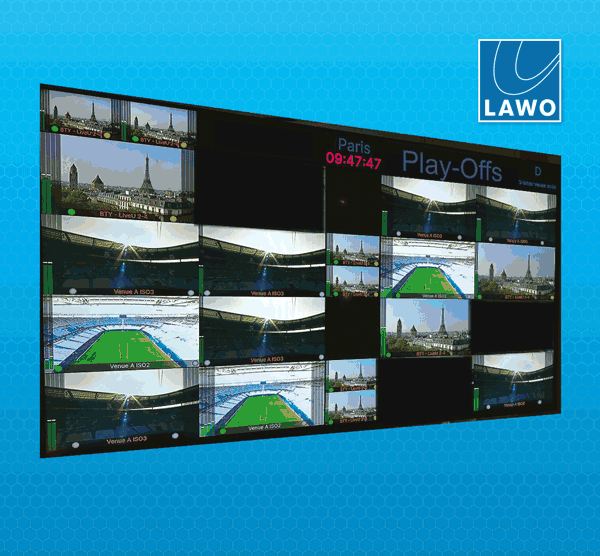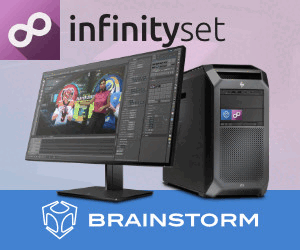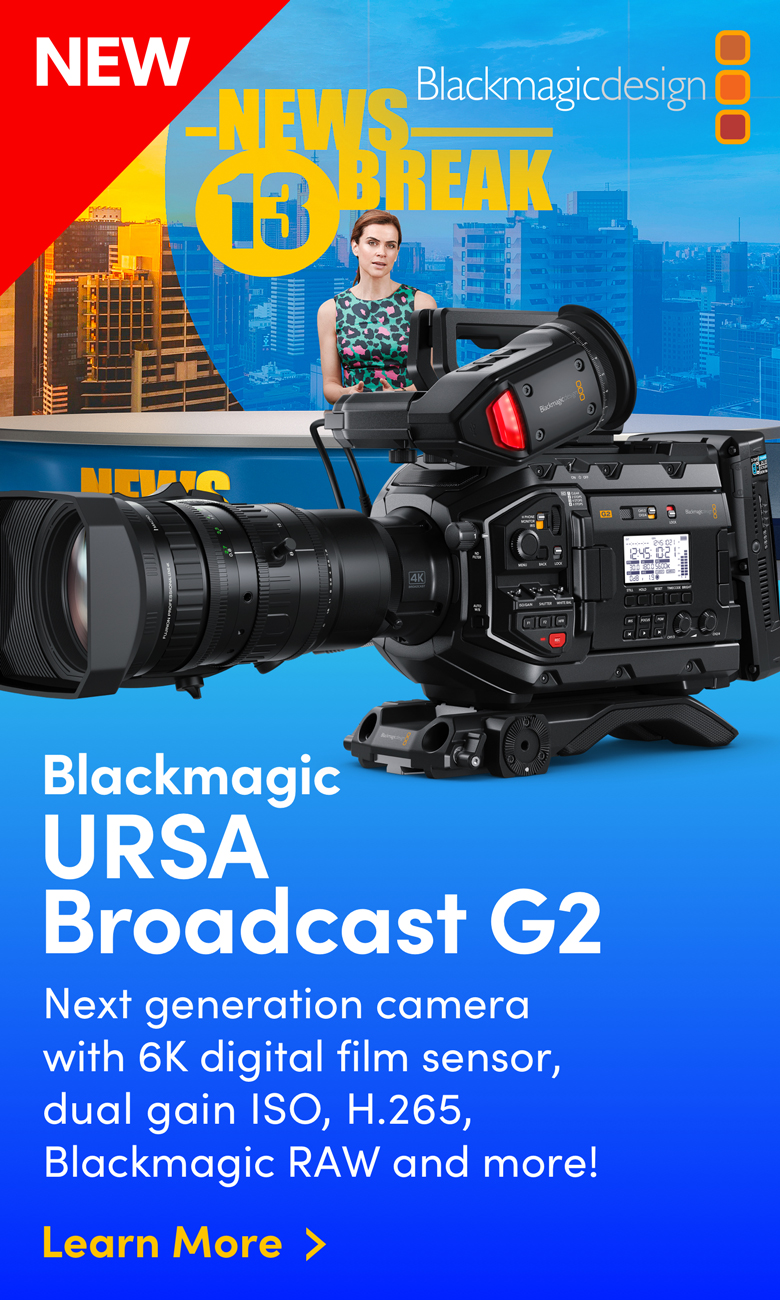Andrea Barrica: “Our mission is to create the most trusted sexuality brand in the world”
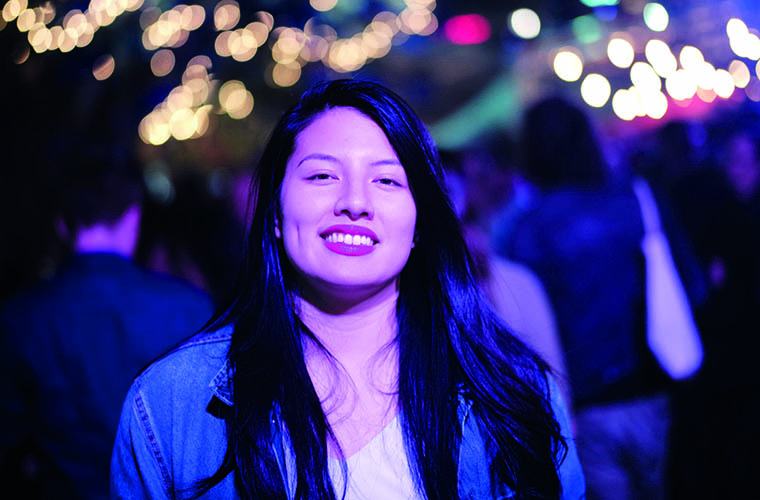
Andrea Barrica is founder of sexual health site O.school – and people just can’t get enough
FEED: Can you outline the journey that brought you to founding O.school?
Andrea Barrica: Growing up, I was told that my worth was dependent on my virginity, and taught a lot of religious, anti-scientific dogma about sex and sexuality. As a queer woman of colour, a lot of this caused lasting trauma — I wasn’t out, but my family knew something was going on, and I really went through a lot emotionally that took me years of therapy to overcome.
When I got to university, I really started to understand how wrong most of what I was taught was, and was thrust into an environment that I felt wholly unprepared for. Even after graduation, it was tough. I had co-founded my first company, an online accounting software called inDinero, but was still uncomfortable looking at my own genitals.
I knew I wasn’t alone, and I knew the resources were lacking or exacerbating the problems. When I started working in venture capital investing in internet and technology companies, I did not see any innovative companies doing anything about the lack of resources for people struggling with sexuality. I decided that I should do something about it, which led to founding O.school.
FEED: So what is O.school?
Andrea Barrica: O.school is a non-judgemental online resource for sexuality and dating. We tackle issues of sexual health, wellness, and pleasure through medically accurate videos, articles, graphics and livestreams. Our mission is to create the most trusted sexuality brand in the world.
FEED: What technology platforms and tech partners have you used to build the O.school video platform?
Andrea Barrica: O.school’s live streaming product was a custom product built with Wowza, since many live streaming tools prohibit sexual content. We currently use Webflow for our CMS and Wistia to host our video content.
FEED: Who are the O.school team and how do they work together? And how do you develop new content?
Andrea Barrica: The internet is great at allowing people from different communities, different regions, different identities, and different educational approaches to produce knowledge. What the internet hasn’t been good at doing is harnessing all of that knowledge, or separating it from the massive amount of ignorance, rumour, fear-mongering, outdated thought and just general misinformation available.
There’s no complete guidebook for how to deal with sex and sexuality, but we can. help people understand how other people have done it
What O.school does is to create a dependable, non-judgemental resource on all issues related to sex and sexuality. We build from a knowledge base of our sex educators, therapists, coaches and medical doctors, as well as other writers, researchers and journalists to produce specific, medically accurate, stigma-free articles relating to sexuality and dating. We have an amazing team of freelancers across the world, who work with our editors to create content where they have specific knowledge.
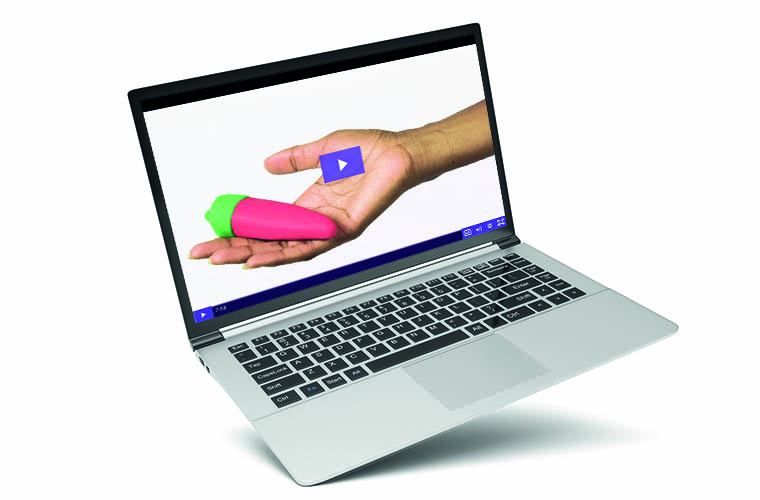
We also work with partners in the community to develop specific content, such as first person video essays, or more pointed opinion pieces, or individuals who can fill out the content with individual voices. Because sexuality is never by the numbers. It’s individual.
We’re trying to provide our users with factual resources, certainly, but also with ways of existing in the world, of negotiating consent, of coming out, of healing from trauma. There’s no complete guidebook for how to deal with sex and sexuality, but we can help people understand how other people have done it. Most of all, we see ourselves not as a static media site but as an organism, a community. Something that is both responsive and curated, and that engages with those who come to us in a way that a traditional medical site or a Wikipedia-type resource does not.
FEED: What are you hoping to develop in the future, particularly around video or other online content?
Andrea Barrica: When we launched, we were really focused on live-streaming classes, and in connecting all of these amazing sex educators who were working in different communities across the country and the world.
We quickly realised that the need was even more basic than that, so we’ve shifted some of our focus to creating articles, guides, graphics and video content that can be accessible at any time, and ranges from advanced to rudimentary.
As for the future, we plan to continue building and iterating tools that create transformative spaces that help people feel safe, share their stories, explore new content and also interact with us as a brand. Live, interactive video is one medium, but we are exploring many other ways to help create transformative experiences that help people learn about themselves and their sexuality. One tool that we plan to release is our ‘orgasm order form’. One day, I ordered a sandwich from a Whole Foods grocery store by filling out a short form about my sandwich preferences. It occurred to me that this experience could help people communicate about pleasure, so we created a simple PDF. People loved it, so now we are creating an interactive online version.
FEED: Can you talk about online content, including social media, and it’s influence – for good and ill – on sexuality?
Andrea Barrica: People still talk about the internet as if it’s this new thing that has disrupted the world, but it’s more than two decades old. That means that a lot of content you stumble across is really outdated. And for someone who is trying to find out information about gender identity or STI prevention or menopause, there’s no dependable way to really know if what you’re getting is current, let alone accurate. It’s like going to a grocery store where there’s no nutritional information or the expired food stays on the shelves.
Search algorithms aren’t as good as we imagine. Say you’re searching for information about bisexuality. You might get something that’s medically accurate, but depending on the terms you use, you could just as easily get a Newsweek article from 2005, a socially conservative rant in Breitbart, or porn. Now, we’re not anti-porn by any means, but if you’re a teen looking to understand your sexuality, these aren’t the most reliable resources. It’s important that there’s a brand and a platform that can be relied upon, and a community with which to engage.
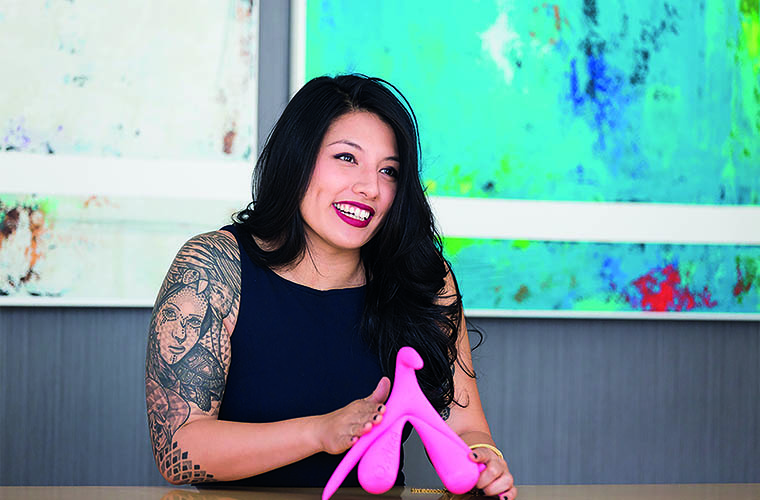
We have all this porn, but we don’t have a world that’s porn literate
The same goes for social media. There’s some amazing stuff out there, but depending on who you are and where you live, you might never find it. Instead, if you’re in a small, conservative town with few sex ed resources, you might never have access to it, or it might be outnumbered 10-to-1 with what other people are sharing. Just as with politics, it’s an echo chamber. If you see something being retweeted or posted enough, you might just come to accept it.
FEED: What are your thoughts about where adult video content is now? Do you see any trends that are interesting or useful?
Andrea Barrica: It’s an interesting moment, because there’s just so much adult content available right now. As I said before, we’re not anti-porn. It can be a tremendous resource for understanding, accessing and expressing your sexuality. I think the availability of adult content has really generated a lot of conversations about sex and gender identity that were hidden, or understood as niche. It has enabled people to see themselves and their desires reflected.This doesn’t mean that it’s the same as sex education. A lot of people are getting their information from porn. In some cases, that’s better than what is out there otherwise. In others, it can be really misleading.
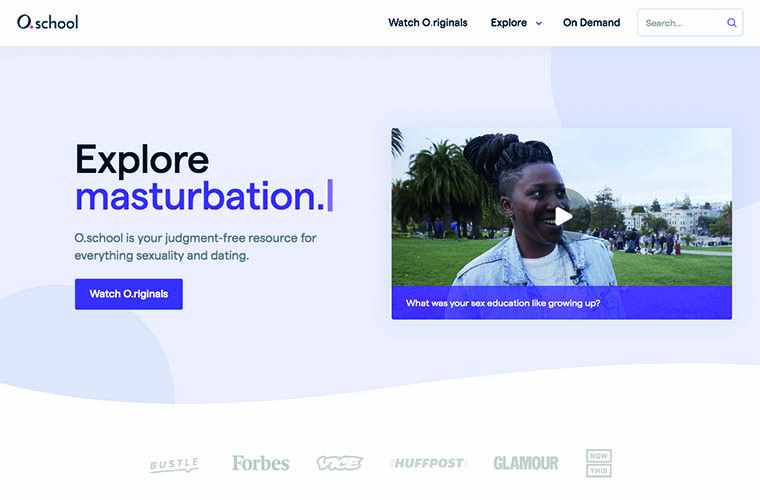
We have all this porn, but we don’t have a world that’s porn literate. We don’t teach people how to talk about it or how to consume it or how to integrate what they see into their lives. We pretend it doesn’t exist, at least as far as young people are concerned.
The more interesting companies are grappling with that. They have data about human sexuality that no one could have imagined even ten years ago and it has turned a lot of our conventional wisdom on its head.
FEED: The UK is in the process of passing a law which will require ID to access adult content online. What are your thoughts about restricting or controlling access to adult content online?
Andrea Barrica: Well, first of all let me say I’m all for restricting porn to adults only. But how do we do that without blocking everything that’s actually good about sexuality? Social media platforms are already struggling with this. Their default is to overblock. Even informative conversations about sex and sexuality can get classified as porn.
We see this with the big tech companies as well. A few months ago, we checked out Apple’s new parental filter, a porn-blocking mechanism, and it blocked not just porn but LGBTQ resources, including a suicide hotline for gay teens. O.school was blocked. Wikipedia pages related to safe sex were blocked.
We’ll have to wait and see how this works out in the UK, which I understand has at least made an attempt at a more nuanced approach.
This interview first appeared in the May 2019 issue of FEED magazine.
